Washington, D.C. – The end of President Donald Trump’s emergency declaration in the District has left many residents reflecting on a month marked by heavy law enforcement presence, declining crime, and disrupted daily routines. For some, the conclusion brings relief. For others, questions remain about what comes next.
A Divided City Experience
In August, Trump announced a federal surge that increased the number of officers in Washington and brought National Guard troops to the streets. The 30-day emergency declaration, which expired this past week, was aimed at curbing violent crime that had been rising in several neighborhoods.
At Hechinger Mall in Northeast D.C., residents told WTOP that they noticed a change. Linda, who works at one of the shops, pointed to the first two weeks as proof the surge made a difference.
“The first 12 days of it there were no murders,” she said. “It should go longer if it’s going to help.”
Her perspective reflects one side of the city’s story – a community relieved to see violence drop, even if temporarily.
Life Under the Surge
In other neighborhoods, the mood was different. Some residents said the heavy presence of federal officers left them uneasy, prompting many to limit their daily movements.
“It felt very invasive to come outside and see the machine guns. It looked very much like a war scene,” said Clinese Robinson of Shaw. Now that the declaration has ended, she added, “I’m out enjoying my life again.”
For many in Shaw and beyond, the end of the emergency has meant reclaiming normalcy—going out with friends, visiting restaurants, and moving about without the constant reminder of armed patrols.
Economic Strain During the Emergency
While violent crime dipped during the surge, the city’s hospitality industry reported setbacks. Restaurateurs said the intimidating atmosphere, coupled with heightened security, discouraged customers from dining out.
The downturn in business highlighted the trade-off between short-term safety measures and the long-term vitality of neighborhood economies. Some owners now hope the end of the declaration will help bring customers back.
What the End Means for Policing
Although the White House no longer has direct oversight of D.C. police operations, the expiration of the emergency order does not immediately remove all federal resources. National Guard troops and federal law enforcement may remain in the city until phased drawdowns are complete.
City leaders, meanwhile, are weighing the lessons learned. Some have credited the temporary drop in crime to the added federal support, while others caution against militarized solutions that risk alienating residents.
Two Tales of One City
The contrasting experiences across Washington evoke a split reality: some residents welcomed the sense of security, while others felt constrained and unnerved by the show of force.
Like Dickens’ “two tales,” the District is balancing two narratives—one of relief at safer streets, another of relief at restored freedoms.
As the city looks forward, residents and leaders alike are asking whether the decline in violence can be sustained without federal intervention and how to balance safety with community trust.

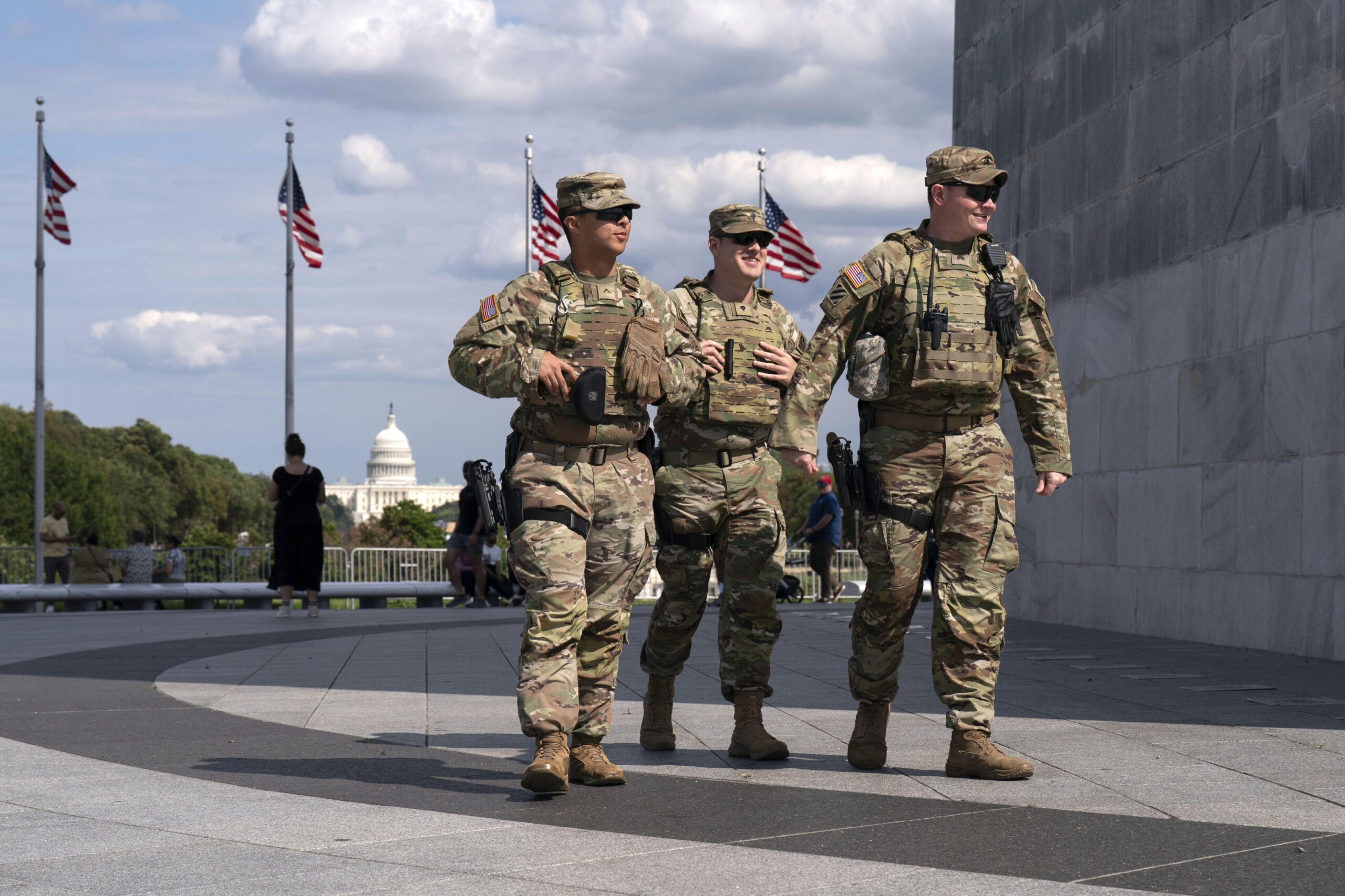

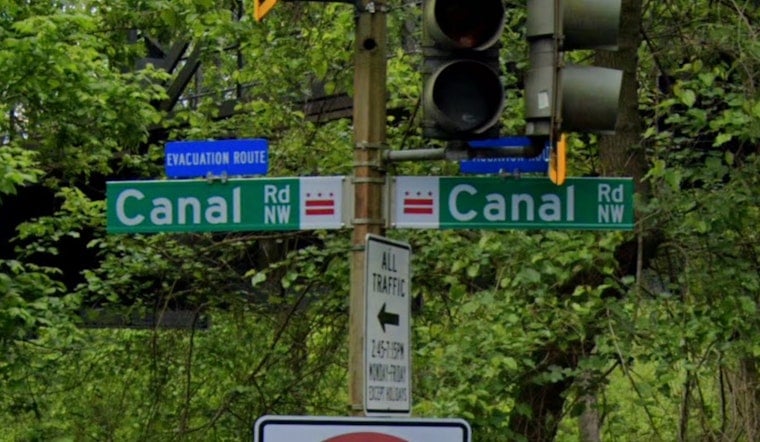
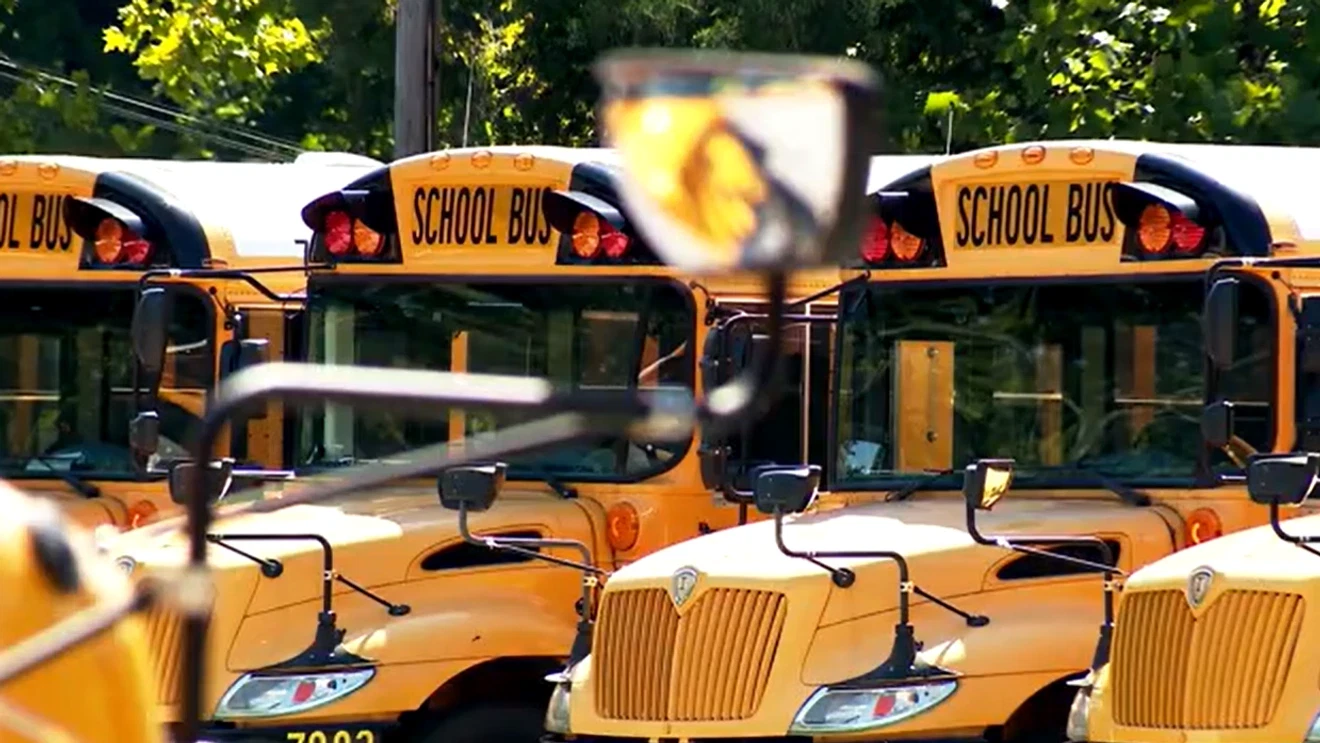
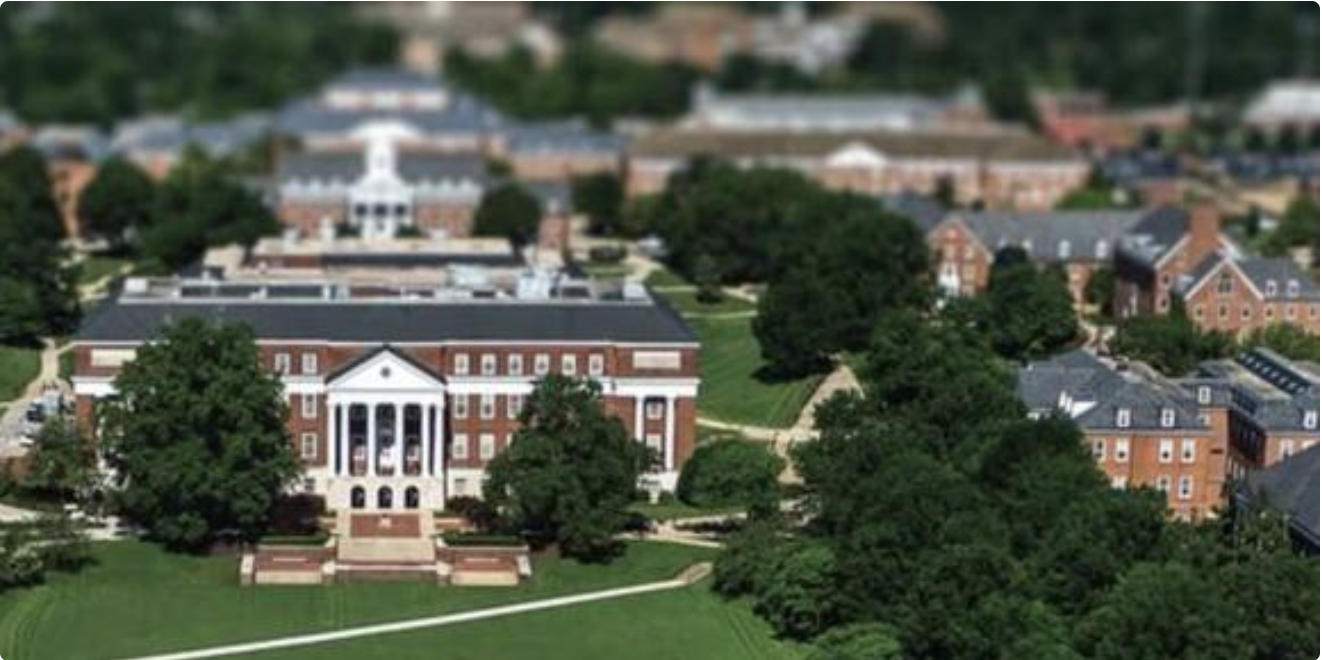
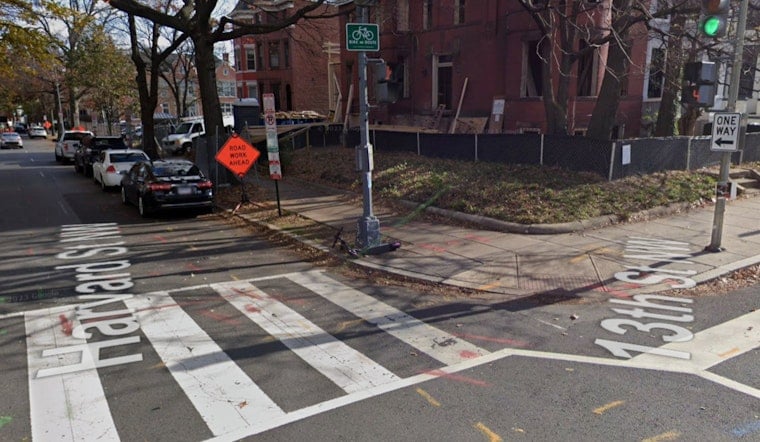

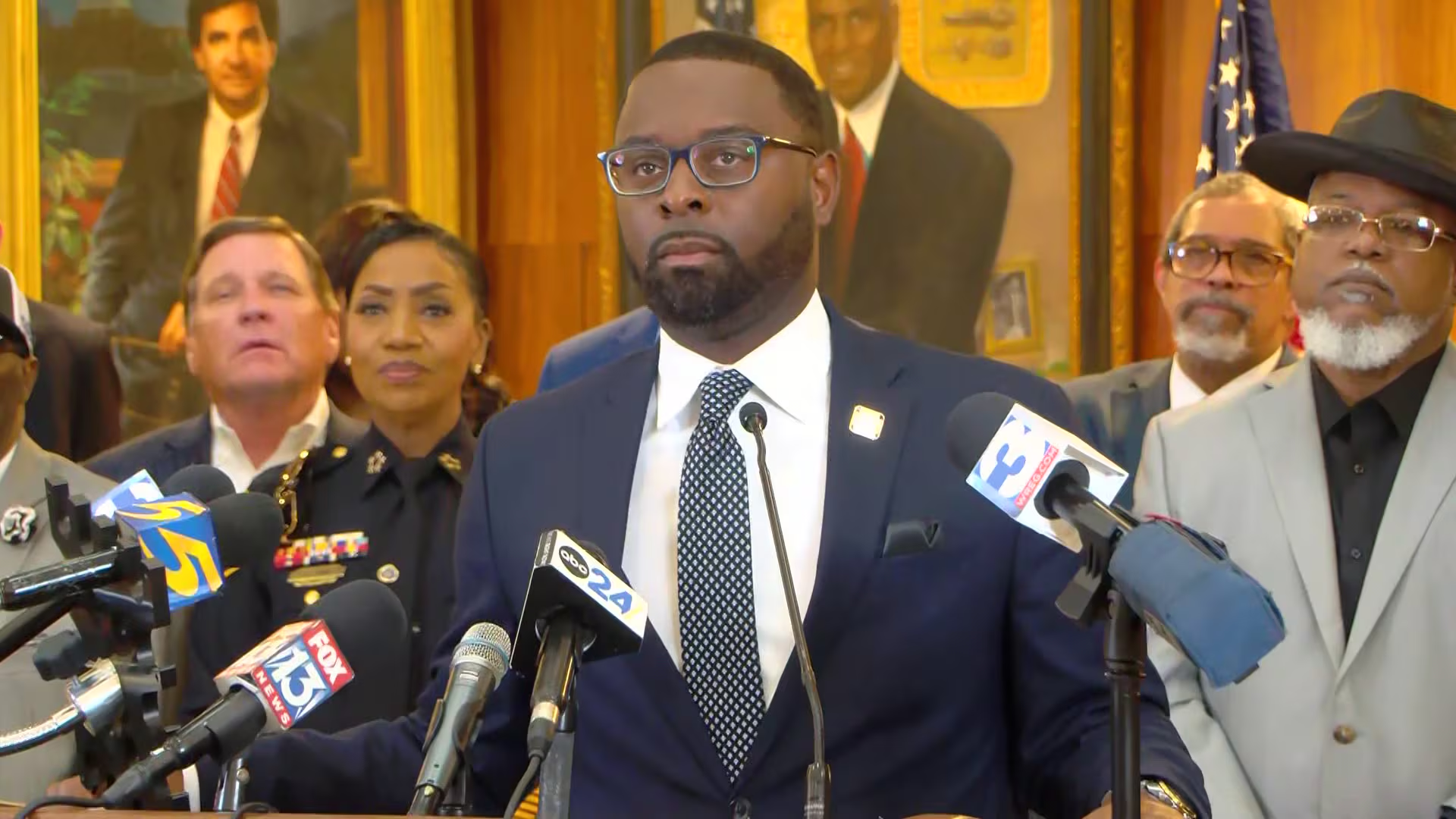
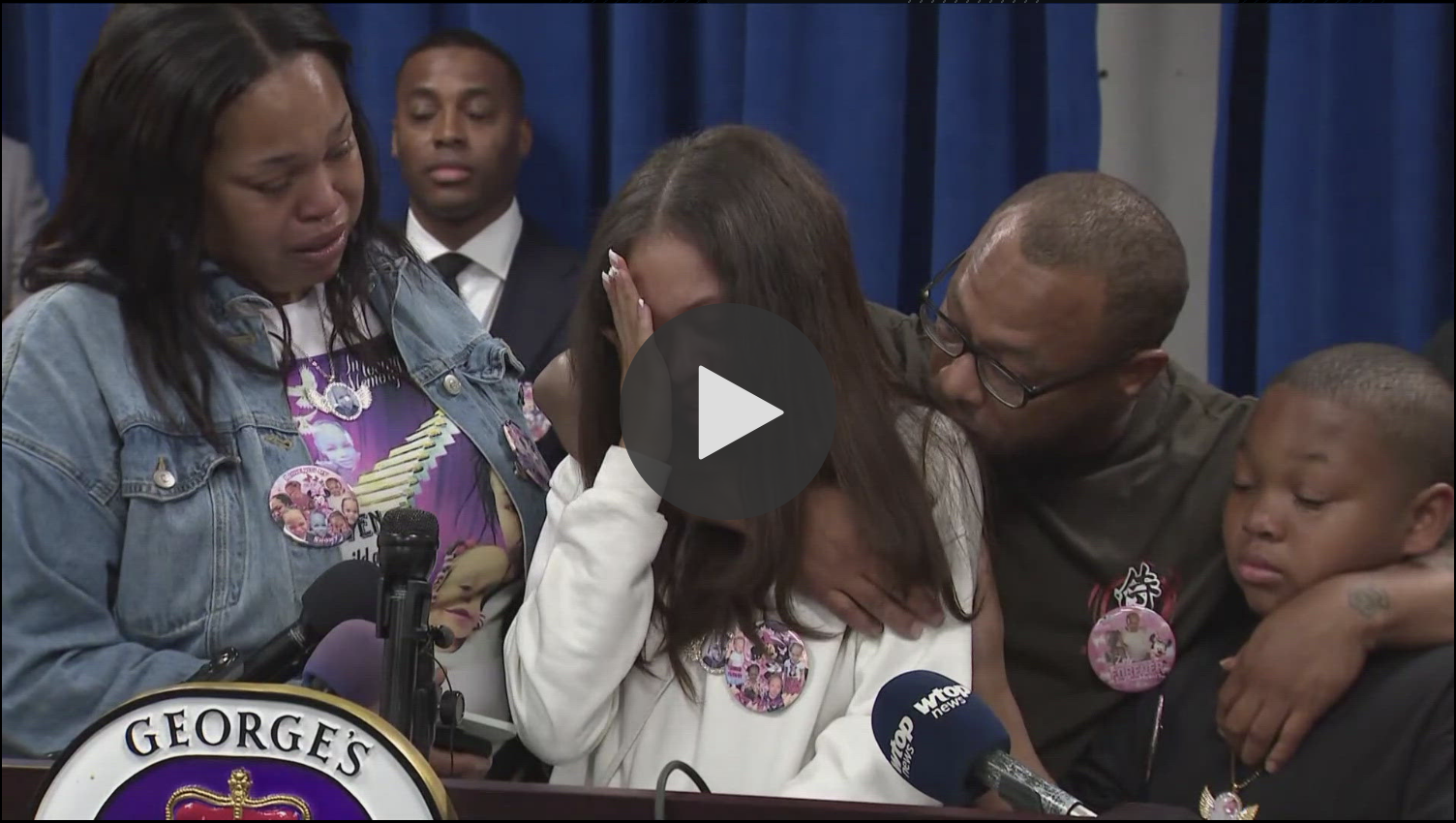

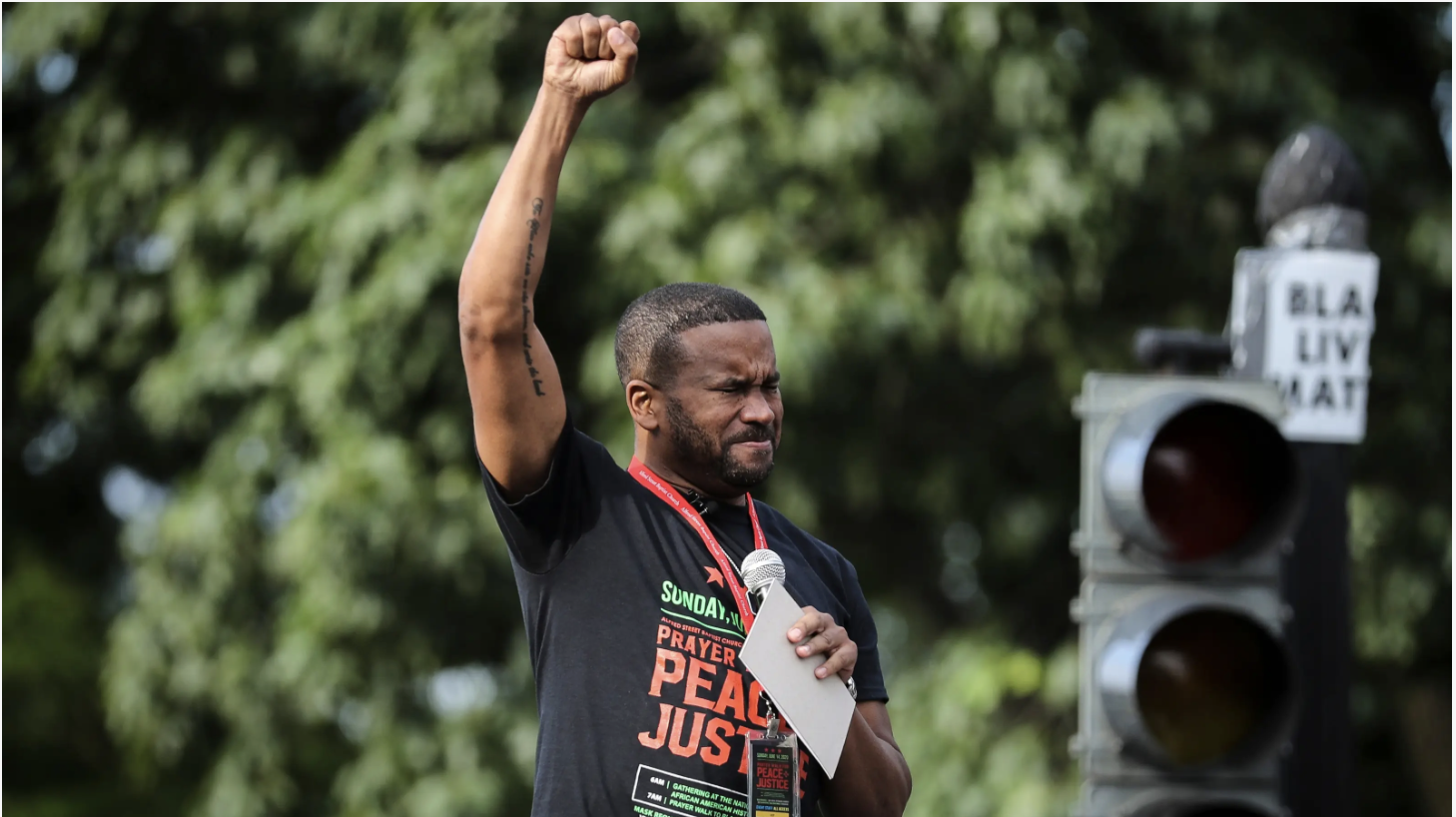
Leave a Reply